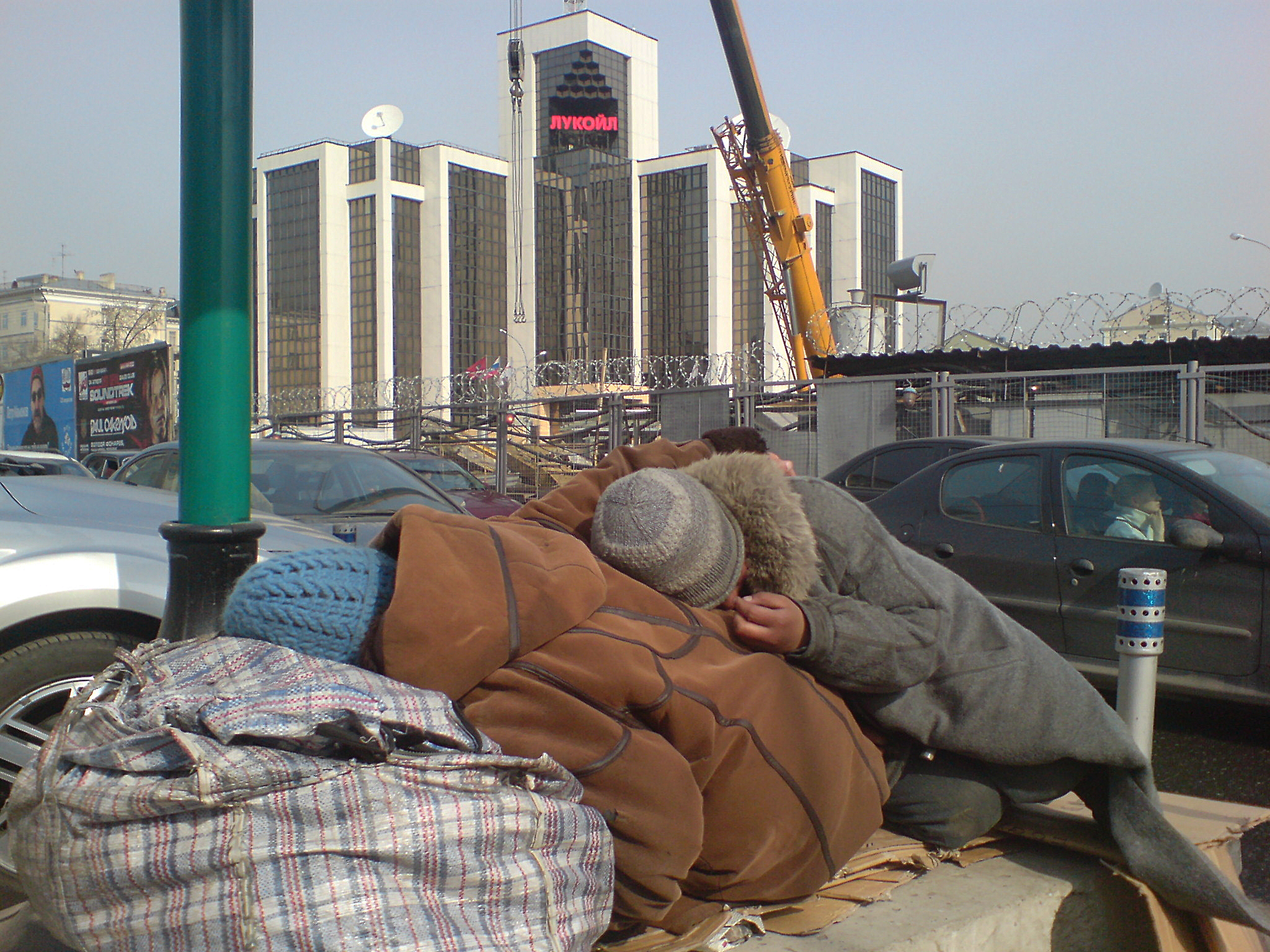Paupers on:
[Wikipedia]
[Google]
[Amazon]
 Pauperism (Lat. ''pauper'', poor) is poverty or generally the state of being poor, or particularly the condition of being a "pauper", i.e. receiving relief administered under the
Pauperism (Lat. ''pauper'', poor) is poverty or generally the state of being poor, or particularly the condition of being a "pauper", i.e. receiving relief administered under the
 Pauperism (Lat. ''pauper'', poor) is poverty or generally the state of being poor, or particularly the condition of being a "pauper", i.e. receiving relief administered under the
Pauperism (Lat. ''pauper'', poor) is poverty or generally the state of being poor, or particularly the condition of being a "pauper", i.e. receiving relief administered under the English Poor Laws
The English Poor Laws were a system of poor relief in England and Wales that developed out of the codification of late-medieval and Tudor-era laws in 1587–1598. The system continued until the modern welfare state emerged after the Second Worl ...
. From this, pauperism can also be more generally the state of being supported at public expense, within or outside of almshouses, and still more generally, of dependence for any considerable period on charitable assistance, public or private. In this sense pauperism is to be distinguished from poverty.
Under the English Poor Laws
The English Poor Laws were a system of poor relief in England and Wales that developed out of the codification of late-medieval and Tudor-era laws in 1587–1598. The system continued until the modern welfare state emerged after the Second Worl ...
, a person to be relieved must be a destitute person, and the moment he had been relieved he became a pauper, and as such incurred certain civil disabilities
Civil and political rights are a class of rights that protect individuals' freedom from infringement by governments, social organizations, and private individuals. They ensure one's entitlement to participate in the civil and political life o ...
. Statistics dealing with the state of pauperism in this sense convey not the amount of destitution actually prevalent, but the particulars of people in receipt of poor law relief.
The 1830s brought to Europe great economic hardships. The late 19th century saw a tremendous rise in the populations of all the European countries. This resulted in more job seekers than emplacement. Populations from rural areas migrated to bigger towns to live in overcrowded slums. Small producers in town faced tough competition from cheap imported goods in England. The rise of food prices
Food prices refer to the average price level for food across countries, regions and on a global scale. Food prices have an impact on producers and consumers of food.
Price levels depend on the food production process, including food marketing ...
led to widespread pauperism.
Poverty in the interwar years (1918–1939) was responsible for several measures which largely killed off the Poor Law system. The Local Government Act 1929
The Local Government Act 1929 was an Act of the Parliament of the United Kingdom that made changes to the Poor Law and local government in England and Wales.
The Act abolished the system of poor law unions in England and Wales and their board ...
officially abolished workhouses
In Britain, a workhouse () was an institution where those unable to support themselves financially were offered accommodation and employment. (In Scotland, they were usually known as poorhouses.) The earliest known use of the term ''workhouse' ...
,M. A. Crowther, The workhouse system 1834–1929, and between 1929 and 1930 the Poor Law Guardians
Boards of guardians were ''ad hoc'' authorities that administered Poor Law in the United Kingdom from 1835 to 1930.
England and Wales
Boards of guardians were created by the Poor Law Amendment Act 1834, replacing the parish overseers of the poor ...
, the "workhouse test
The workhouse test was a condition of the Poor Law Amendment Act 1834. It stated that anyone who wanted to get poor relief must enter a workhouse. The condition was never implemented in Britain and outdoor relief continued to be given. The inte ...
," and the term "pauper" disappeared.
See also
*Debtors Anonymous
Debtors Anonymous (DA) is a twelve-step program for people who want to stop incurring unsecured debt. Collectively they attend more than 500 weekly meetings in fifteen countries, according to data released in 2011. Those who compulsively incur un ...
*Pauper's funeral
In the United Kingdom, a pauper's funeral was a funeral for a pauper paid for under the Poor Law. This policy addressed the condition of the poor people of Britain, such as those living in the workhouses, where a growing population of the Britis ...
*Reserve army of labour
Reserve army of labour is a concept in Karl Marx's critique of political economy
Political economy is the study of how economic systems (e.g. markets and national economies) and political systems (e.g. law, institutions, government) are l ...
*Social exclusion
Social exclusion or social marginalisation is the social disadvantage and relegation to the fringe of society. It is a term that has been used widely in Europe and was first used in France in the late 20th century. It is used across discipline ...
*Social stigma
Social stigma is the disapproval of, or discrimination against, an individual or group based on perceived characteristics that serve to distinguish them from other members of a society. Social stigmas are commonly related to culture, gender, ra ...
*''The Prince and the Pauper
''The Prince and the Pauper'' is a novel by American author Mark Twain. It was first published in 1881 in Canada, before its 1882 publication in the United States. The novel represents Twain's first attempt at historical fiction. Set in 1547 ...
''
*Working poor
The working poor are working people whose incomes fall below a given poverty line due to low-income jobs and low familial household income. These are people who spend at least 27 weeks in a year working or looking for employment, but remain und ...
References
Further reading
* English Poor Laws {{UK-law-stub